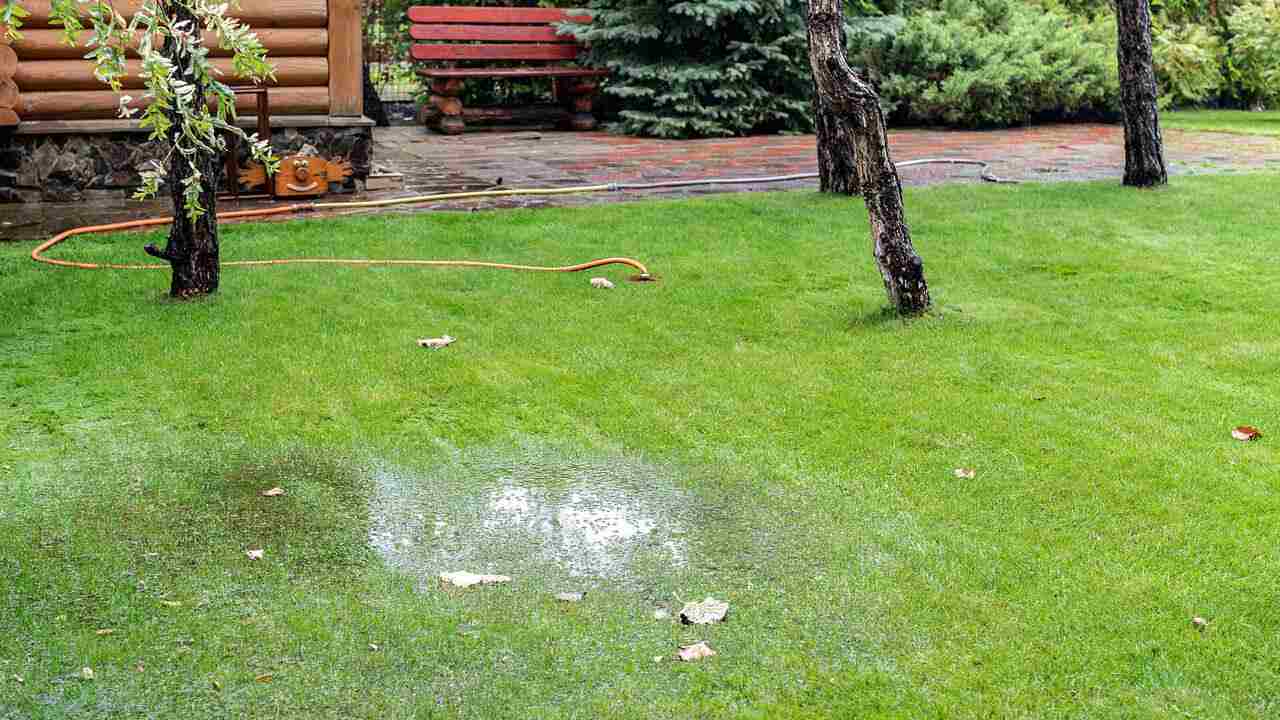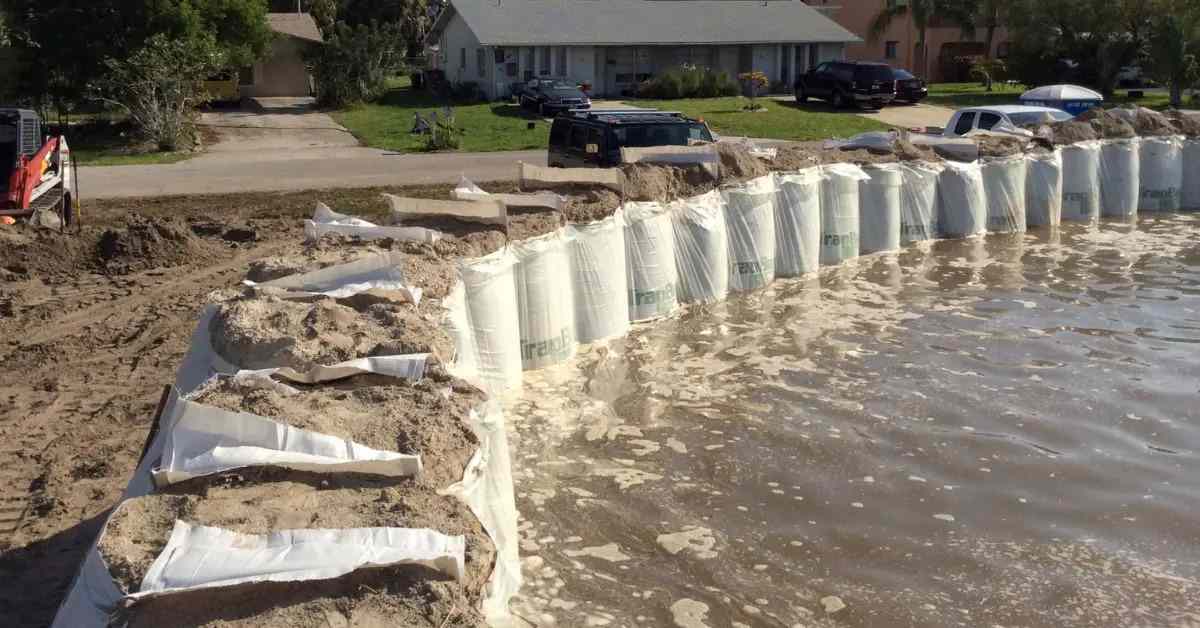In Liberty Township, OH, common drainage problems can be a real headache. Issues like clogged storm drains, poor yard grading, and outdated or insufficient drainage systems often lead to flooding and erosion, especially during heavy rains. These problems not only affect homes but also places like Liberty Heritage Nursery Farm, where proper drainage is crucial for healthy plants and a thriving landscape. Whether you’re dealing with standing water in your yard or trying to protect your local nursery’s plants, addressing these drainage concerns promptly is key to maintaining a beautiful and functional environment.
Common Drainage Problems in Liberty Township, OH: A Deep Dive
Liberty Township, OH, a charming and growing community, is not immune to the drainage problems that can plague many areas. If you’ve ever had to wade through a soggy yard or deal with unexpected flooding, you know how frustrating these issues can be. Let’s take a look at some of the most common drainage problems residents face and explore ways to address them.
1. Clogged Storm Drains
Storm drains are essential for diverting rainwater away from roads, homes, and properties. However, these drains can easily become clogged with debris such as leaves, branches, and trash. When storm drains are blocked, water has nowhere to go, leading to localized flooding. This is a frequent problem, especially during the fall when leaves are abundant.
Solution:
Regular maintenance is key. The township often schedules clean-up efforts, but homeowners can also help by ensuring that leaves and other debris are cleared from their yards and not left to wash into the storm drains. Installing gutter guards can also prevent leaves from clogging your gutters and storm drains.
2. Poor Yard Grading

Poor yard grading leads to water pooling around foundations, risking structural damage and basement flooding. Detecting and fixing lawn drainage problems early in Liberty Township is crucial to prevent these issues. Homeowners should regularly inspect their yards for signs of improper grading and standing water. Hiring professionals to regrade the yard and improve drainage systems can ensure water flows away from the home, protecting the property and maintaining a healthy lawn.
The way your yard is graded, or sloped, plays a significant role in drainage. If your yard is not properly graded, water can pool around your home instead of flowing away from it. This can lead to a soggy yard, foundation issues, and even basement flooding.
Solution:
If you notice water pooling near your home, it may be time to re-grade your yard. This involves reshaping the land around your house to ensure water flows away from the foundation. It’s often a job for professionals, but it can make a huge difference in preventing water damage.
3. Outdated or Insufficient Drainage Systems
Many older homes in Liberty Township were built with drainage systems that no longer meet modern standards or the needs of the property. These outdated systems can become overwhelmed during heavy rains, leading to flooding and erosion.
Solution:
Upgrading to modern drainage systems is often necessary. This might include installing French drains, which are trenches filled with gravel and a perforated pipe to redirect surface water and groundwater away from your home. Additionally, sump pumps in basements can help manage excess water.
4. Soil Composition
Soil composition significantly affects drainage, with clay-heavy soils retaining water and draining slowly, while sandy soils drain quickly but may lack nutrient retention. Understanding soil type for choosing appropriate drainage solutions. For clay soils, adding organic matter can improve drainage, while sandy soils may require amendments to retain moisture. Tailoring drainage solutions to soil composition ensures effective water management and promotes a healthy landscape, especially in areas like Liberty Township.
The type of soil in Liberty Township can also contribute to drainage problems. Clay-heavy soils, which are common in this area, tend to retain water and drain slowly. This can exacerbate issues with standing water and poor yard drainage.
Solution:
Improving soil composition can help. Mixing in organic matter like compost can enhance soil structure and improve drainage. In some cases, creating rain gardens with plants that thrive in wet conditions can help manage excess water naturally.
5. Inadequate Rainwater Management on Properties
Inadequate rainwater management on properties can lead to water pooling around foundations, causing damage and flooding. Extending downspouts to direct water at least six feet away from the house is a simple yet effective drainage solution. Additionally, installing rain barrels to collect runoff helps manage excess water and provides a resource for irrigation during dry periods. Implementing these drainage solutions can prevent costly water damage and maintain a healthy landscape.
Many homes lack proper systems to manage rainwater runoff effectively. Downspouts that don’t extend far enough away from the house, or a lack of rain barrels, can lead to water pooling around foundations and in yards.
Solution:
Extending downspouts to direct water at least six feet away from the foundation can make a big difference. Installing rain barrels to collect runoff can also help manage water, providing a resource for watering gardens during dry periods.
6. Flooding in Low-Lying Areas

Flooding in low-lying areas can cause significant damage to homes and landscapes, leading to waterlogged soil and structural issues. To mitigate this, consider hiring landscaping services to install swales or berms that redirect water flow. Professional landscapers can also design and implement robust drainage plans, tailored to your property’s specific needs. These measures help protect your home and maintain a healthy, attractive landscape even in areas prone to flooding.
Liberty Township has several low-lying areas prone to flooding during heavy rains. These areas can become waterlogged, causing damage to homes and landscapes.
Solution:
For properties in these zones, installing swales (shallow ditches) or berms (raised areas) can help redirect water flow. Additionally, ensuring that your property has a robust drainage plan in place, possibly with the help of a landscape architect, can mitigate these issues.
7. Issues at Liberty Heritage Nursery Farm
Even local businesses like Liberty Heritage Nursery Farm can face significant drainage challenges. Poor drainage can impact the health of plants and the overall operation of the nursery.
Solution:
Nurseries need well-designed irrigation and drainage systems. Installing proper grading and drainage solutions, such as French drains or retention ponds, can help manage excess water. Regular maintenance and assessment of these systems ensure they function optimally.
8. Erosion Control
Erosion is another common issue, particularly on properties with slopes. Water runoff can carry soil away, damaging landscapes and creating unstable ground.
Solution:
Erosion control measures like planting ground cover, using mulch, and installing retaining walls can help stabilize soil. For severe erosion, professional landscaping solutions might be necessary to prevent long-term damage.
9. Water Table Issues
Liberty Township, like many areas, can experience fluctuations in the water table. High water tables can lead to groundwater seeping into basements and causing dampness or flooding.
Solution:
Installing a sump pump can help manage high groundwater levels. Additionally, ensuring that your home’s foundation is waterproofed can prevent seepage.
10. Seasonal Variations
Seasonal changes can also impact drainage. For example, snowmelt in the spring can lead to sudden increases in water volume, overwhelming drainage systems that might handle regular rainfall just fine.
Solution:
Preparing for seasonal variations involves maintaining drainage systems year-round and ensuring they are clear and functional before each season. Adding extra drainage solutions, like temporary sandbags or additional French drains, can also help manage sudden influxes of water.
FAQs
What is the common problem of drainage systems?
The most common problem of drainage systems is clogging, often caused by debris like leaves, branches, and trash obstructing the flow of water. Poor yard grading also contributes, leading to water pooling around foundations and causing potential flooding. Additionally, outdated or insufficient drainage systems can become overwhelmed during heavy rains, exacerbating these issues.
What are the major problems of surface drainage?
Major problems of surface drainage include erosion, where water flow strips away soil and destabilizes landscapes, and standing water, which can lead to mosquito breeding and plant health issues. Inadequate grading can cause water to pool around structures, risking damage to foundations and basements. Clogged drains from debris further exacerbate these issues, preventing proper water flow and leading to localized flooding.
What is the cause of poor drainage?
Poor drainage is often caused by improper grading, where the land is not sloped adequately to direct water away from structures. Clogged or insufficient drainage systems, filled with debris like leaves and trash, prevent water from flowing freely. Additionally, soil composition, particularly clay-heavy soils, can retain water and drain slowly, contributing to poor drainage.
What is the most common drainage system?
The most common drainage system is the French drain, which consists of a trench filled with gravel and a perforated pipe that redirects surface and groundwater away from an area. It is widely used for its effectiveness in preventing water accumulation and managing excess moisture. French drains are versatile, suitable for residential yards, basements, and agricultural lands to combat various drainage issues.
What is the most common type of drainage?
The most common type of drainage is surface drainage, which involves the removal of excess water from the surface of the land through channels, ditches, or graded areas. This method is widely used because it effectively prevents water pooling and minimizes erosion by directing water away from critical areas. Surface drainage systems are essential for managing runoff from heavy rains and protecting structures and landscapes.
Conclusion
Dealing with drainage problems in Liberty Township, OH, requires a proactive approach. Regular maintenance, upgrading outdated systems, and employing professional solutions can all contribute to better water management on your property. Whether you’re a homeowner or running a business like Liberty Heritage Nursery Farm, addressing these common drainage issues can protect your investment and enhance your quality of life. Don’t wait until the next heavy rain – start planning your drainage solutions today!
